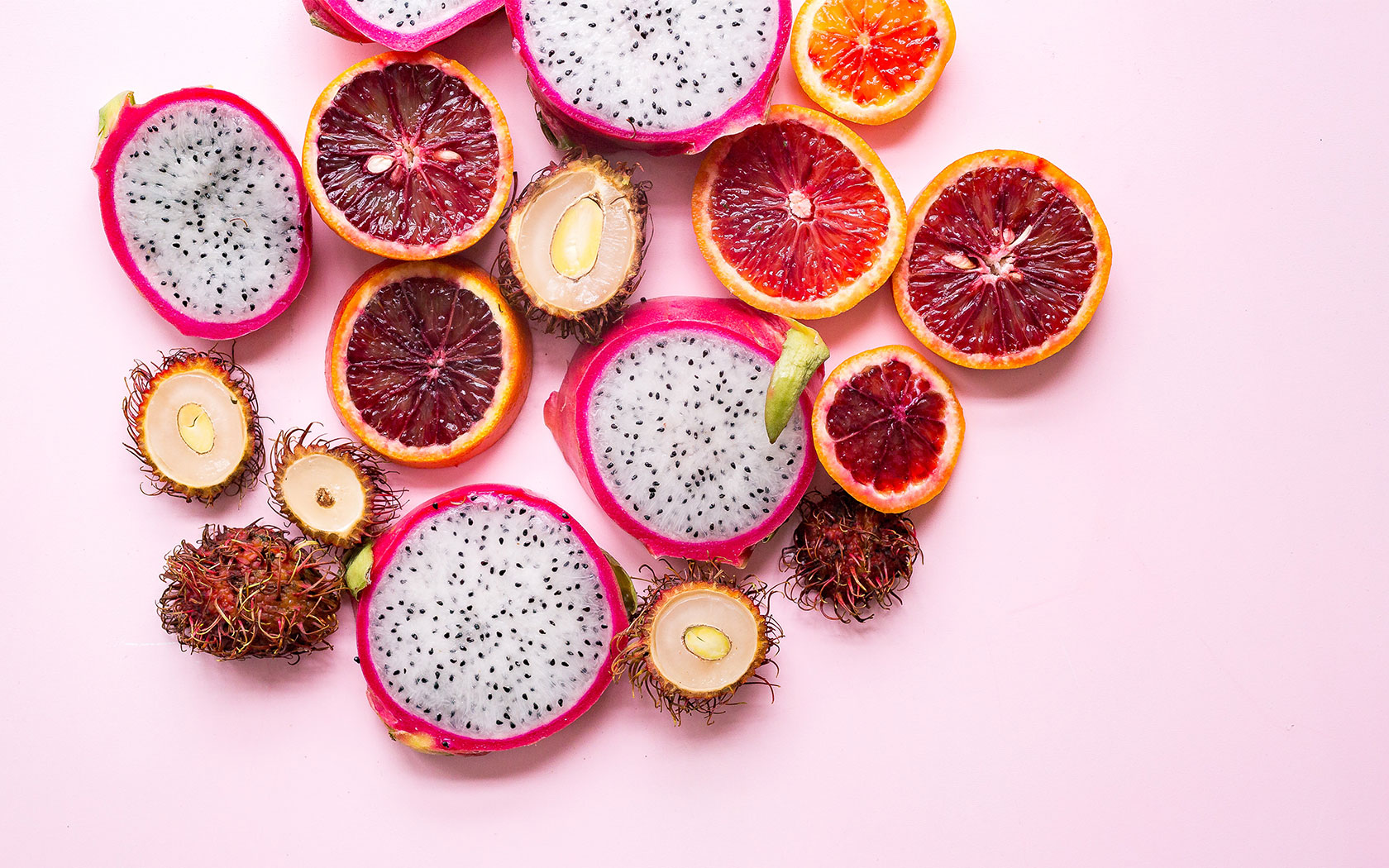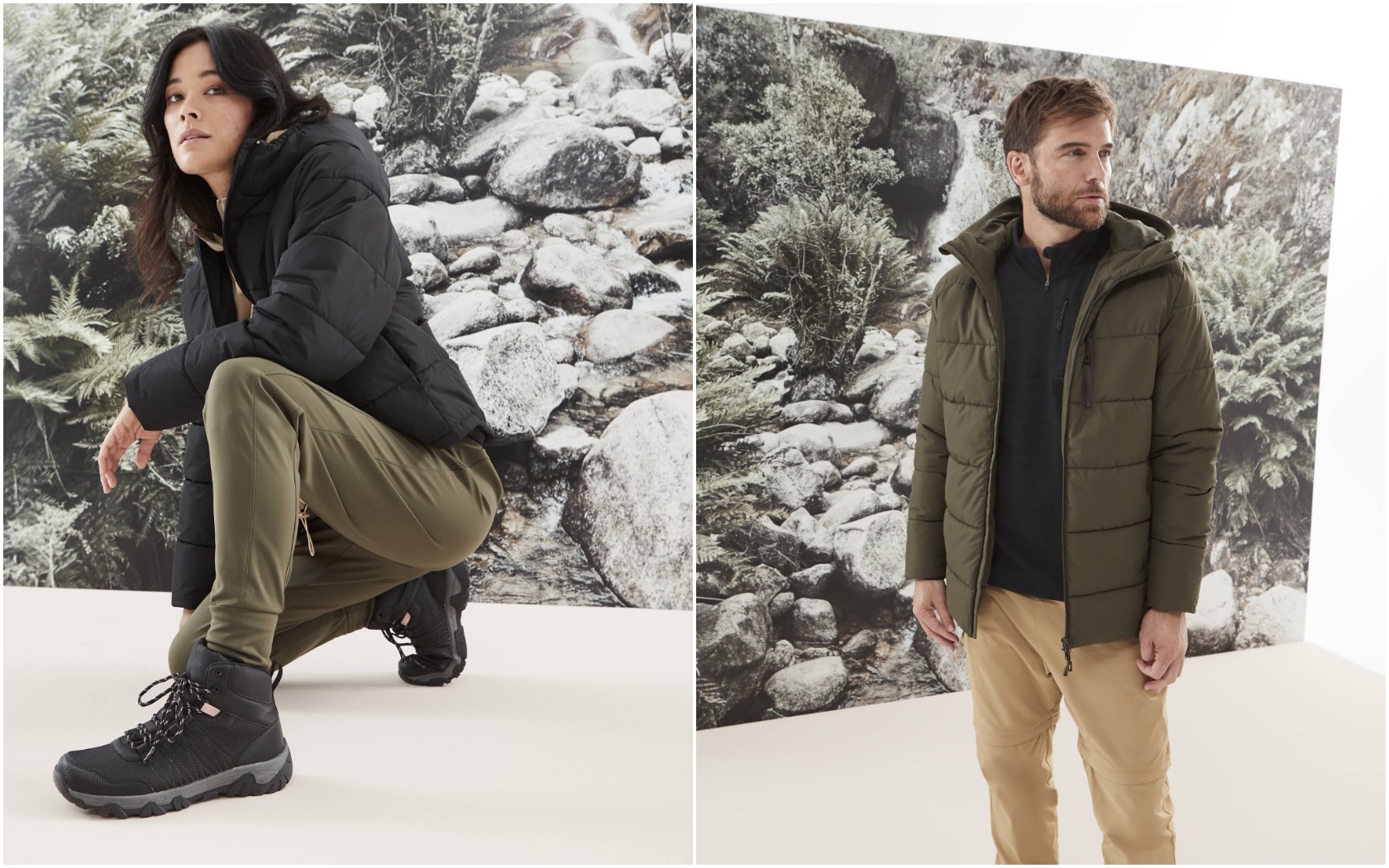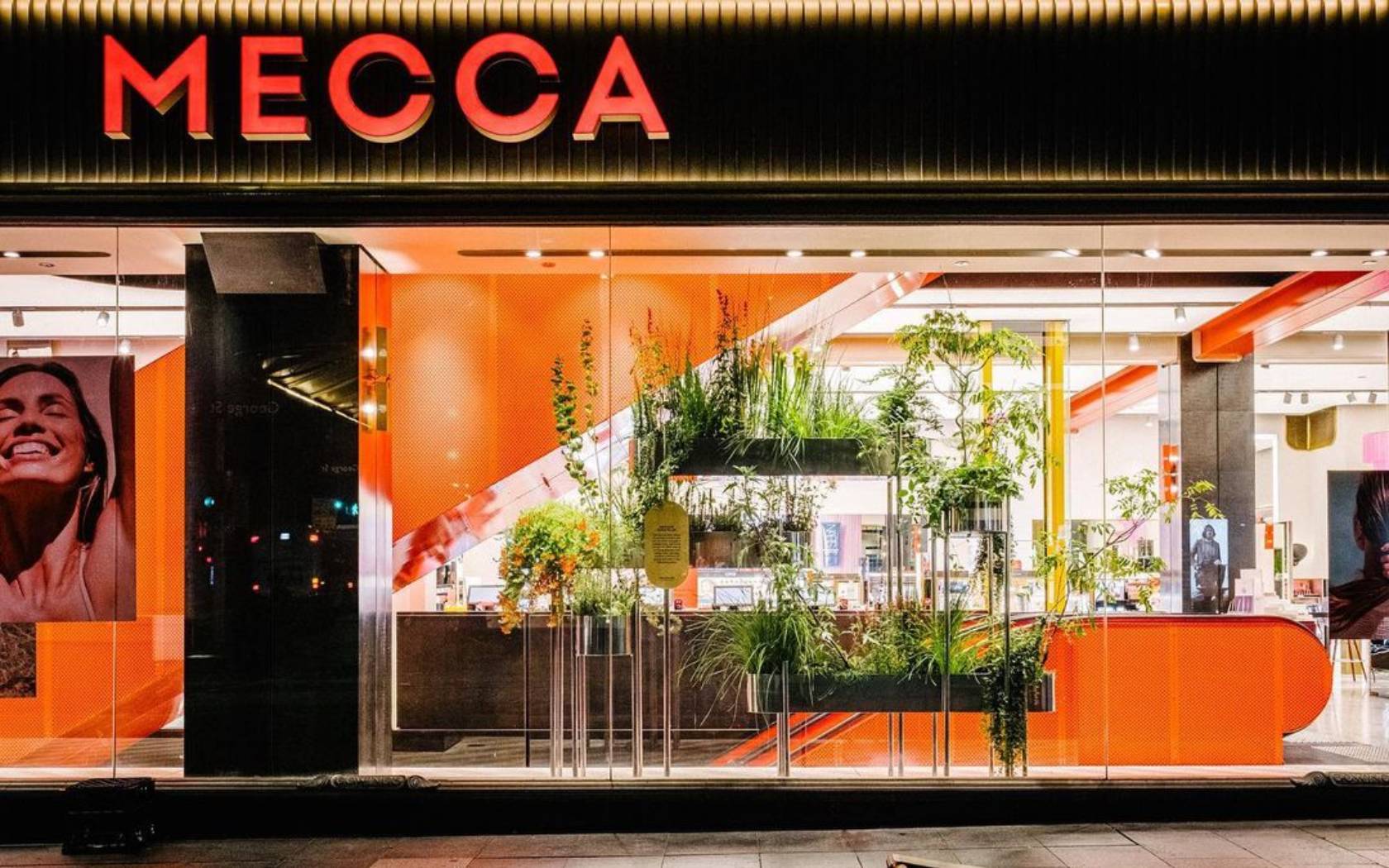The Low-Down On Vegan Skincare And Why It Makes A Difference

Kassia is the Editor of AWOL, and a straight-up travel…
I’ll admit it, I’m a terrible vegetarian. Don’t get me wrong, I stick to cruelty-free and vegan-friendly skincare and make-up brands, but if I’m honest I’ve never actually looked at what makes other products non-vegan. I always just assumed it was about testing methods.
It’s not.
I spoke to theProduct Trainer of vegan-friendly skincare brand Andalou Naturals, Cathy Galileos, about the differences in our skincare products and what we should be looking out for if we care about our animals (hello guilt trip).
What’s the difference between vegan and cruelty-free skincare products?
The answer is simple really. “Vegan means that the products contain no animal derived ingredients or animal by-products,” explains Cathy. “Cruelty-free means that the products, and the ingredients in the product, are not tested on animals at any stage during their development”.
So it can be both, but not necessarily.
What ingredients are non-vegan in regular skincare products?
Cathy says there is a surprising amount of ingredients in skin care that are derived from animals. They include obvious ones, like honey and beeswax, but also less obvious yet common ingredients like lanolin (essentially wool grease) and collagen (extracted from hides, bones, or fish scales).
What’s used in place of these non-vegan ingredients?
Vegan products instead rely on “plant derived natural emollients including plant oils, shea and cocoa butters and fatty acids” says Cathy.
“Andalou Naturals [for example] feature a large vegan offering of products [using] ingredients [like those] combined with Plant Stem Cell science… and super antioxidants to combat environmental stressors like Resveratrol (derived from red grape skin), Goji Glycopeptides (from Goji Berry) and Purple Carrot due to their unique anthocyanins. Anthocyanins are powerful antioxidants which help to fight free radicals.” she continues.
“Olive Squalane-derived from olives are a highly effective emollient and natural antioxidants to protect and restore skin’s moisture”.
Hyaluronic Acid can be derived from rooster combs, but vegan products will use the type made of potatoes and Sodium Hyaluronate. According to Cathy, both “help to regulate moisture on the skin. [Finally], plant omegas are a good source of fatty acids to nourish and rejuvenate the skin”.
What changes should we be making to our skincare routines for Summer?
“You still want to make sure you are cleansing without stripping the skin and keep the skin well hydrated with some small changes, like incorporating a gentle foaming cleanser and light-weight moisturisers,” Cathy suggests.
“Add a Vitamin C into skincare routine… to support dermal vitality and targeting over-exposed surface cells”.
(Lead Image: Unsplash / Brooke Lark)
Kassia is the Editor of AWOL, and a straight-up travel addict. She was born without a sense of direction, yet an intense desire to explore the world. As such, she's lost 90% of the time but she's learned to roll with it. You can catch her latest adventures on Instagram @probably_kassia.








